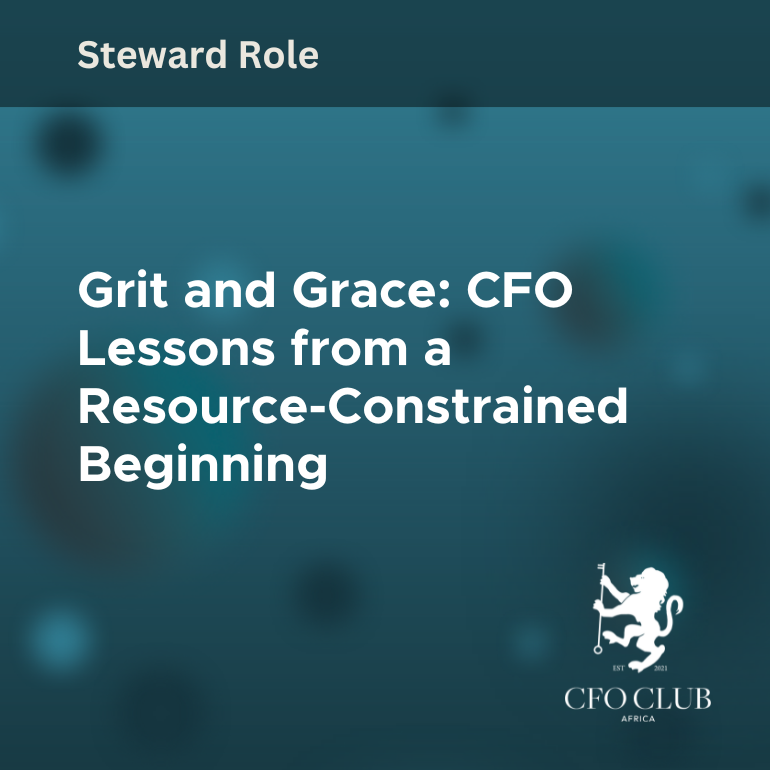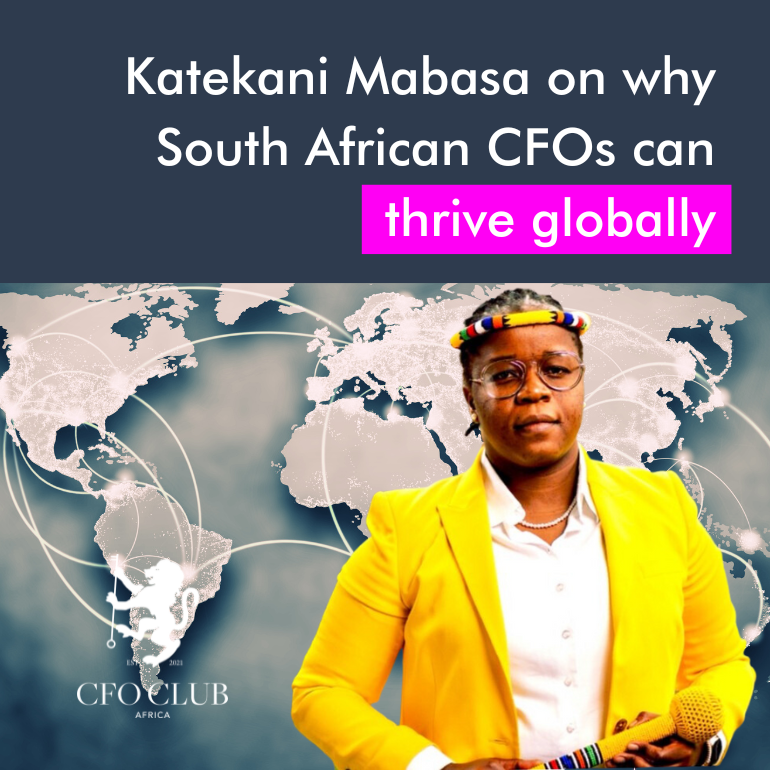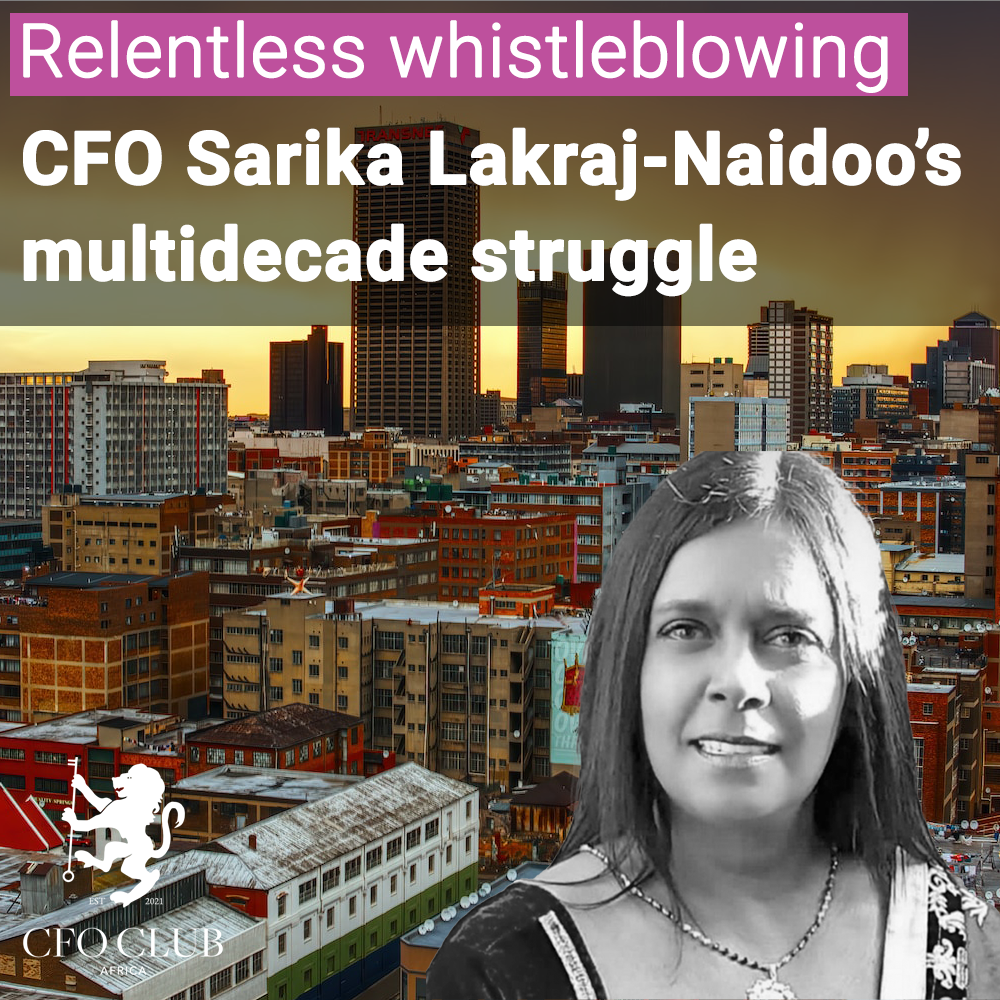Grit and Grace: CFO Lessons from a Resource-Constrained Beginning
Grit and Grace: CFO Lessons from a Resource-Constrained Beginning
You haven’t earned the title of CFO until you’ve lied awake at night wondering how to pay salaries on Friday. You will not find that line in any corporate finance textbook, but it is something many CFOs have lived through. Not every financial leader begins their career in a comfortable office with a generous budget and a well-resourced team. Some of us started with nothing more than a second-hand laptop, a shoestring budget, and a quiet sense of panic about how to keep the lights on.
This article is not about perfect systems, clean audits, or strategy decks. It is about the kind of CFO leadership that emerges from constraint. It is about what happens when you have no safety net, very little cash, and the full weight of a company’s survival on your shoulders. It is about grit, grace, and the real-world lessons you never forget once you have lived them.
Let us start with the moment every CFO dreads. It is month-end. The numbers are tight. Salaries are due. The creditors are calling. And the CEO is asking for good news to put into the board pack. In that moment, the only thing that matters is clarity. You stop pretending. You stop avoiding. You stop spinning. You look at what needs to be done to stay afloat. That experience teaches you the difference between reporting and responsibility. It sharpens your thinking. It forces you to prioritise ruthlessly and make decisions that are not always popular but are always necessary.
When you operate with limited resources, cash flow becomes more than just a report. It becomes a daily discipline. You wake up thinking about it. You track every payment, every receipt, every delay. You learn the names of your debtors and your creditors by heart. You become skilled at difficult conversations. You do not lie. You explain. You share your plan. You follow up. You stay respectful. And over time, you build something incredibly rare in business. You build trust. That trust often buys you more time than a bank loan ever could.
Working with few or no resources also means you do not have the luxury of delegation. You do the work yourself. You close the books manually. You prepare the reports line by line. You analyse the numbers without any fancy tools. But in doing that, you build a deep understanding of how the business works. You become fluent in both the financials and the operations. You know where the value lies. You know where the waste is hiding. You become fast, focused, and incredibly effective. And when the business grows and more resources become available, you do not become complacent. You become strategic. Because you have already lived through the consequences of poor financial habits, and you are not about to go back there.
But grit alone is not enough. Grace matters just as much. Grace is what separates the tough CFOs from the trusted ones. It shows up when you have to tell the team that bonuses will not be paid this year. It shows up when someone in your department makes a mistake and you choose to support and guide rather than shame and blame. Grace is the ability to be calm under pressure. It is the choice to lead with transparency, with kindness, and with conviction. It is not about being soft. It is about being human. People remember how you treat them in hard times, and that memory often becomes the reason they stay, or the reason they leave.
CFOs who rise from resource-constrained beginnings tend to carry their experience like armour. They do not rely on buzzwords. They ask good questions. They are sceptical of quick fixes. They understand that leadership is not about titles but about responsibility. They are not easily impressed by big ideas that do not come with a budget or a plan. They know how to get results without drama. And that makes them valuable not just as number-crunchers, but as strategic leaders who help steer the company through uncertainty.
At the heart of it, this is not just a story about surviving. It is a story about becoming. If you have ever dipped into your personal savings to pay staff, if you have ever manually reconciled a year’s worth of transactions late at night, if you have ever written a financial recovery plan on the back of a till slip, then you already know. You have done more than survive. You have built strength. You have learned how to lead.
So do not shy away from your story. Own it. The struggle gave you sharp instincts. The constraint gave you discipline. The pressure gave you presence. That is grit. And the way you carried your team, communicated honestly, and kept your head up throughout it all? That is grace.
And together, grit and grace are what make you more than a financial manager. They make you a true CFO.





